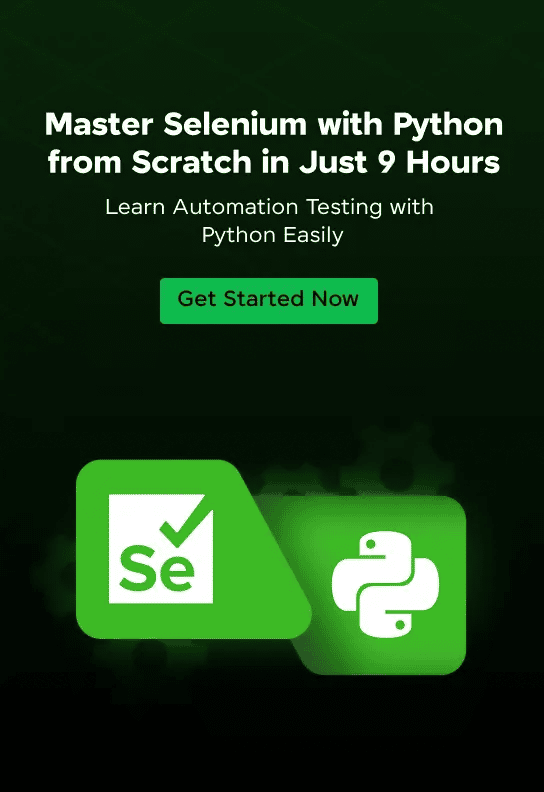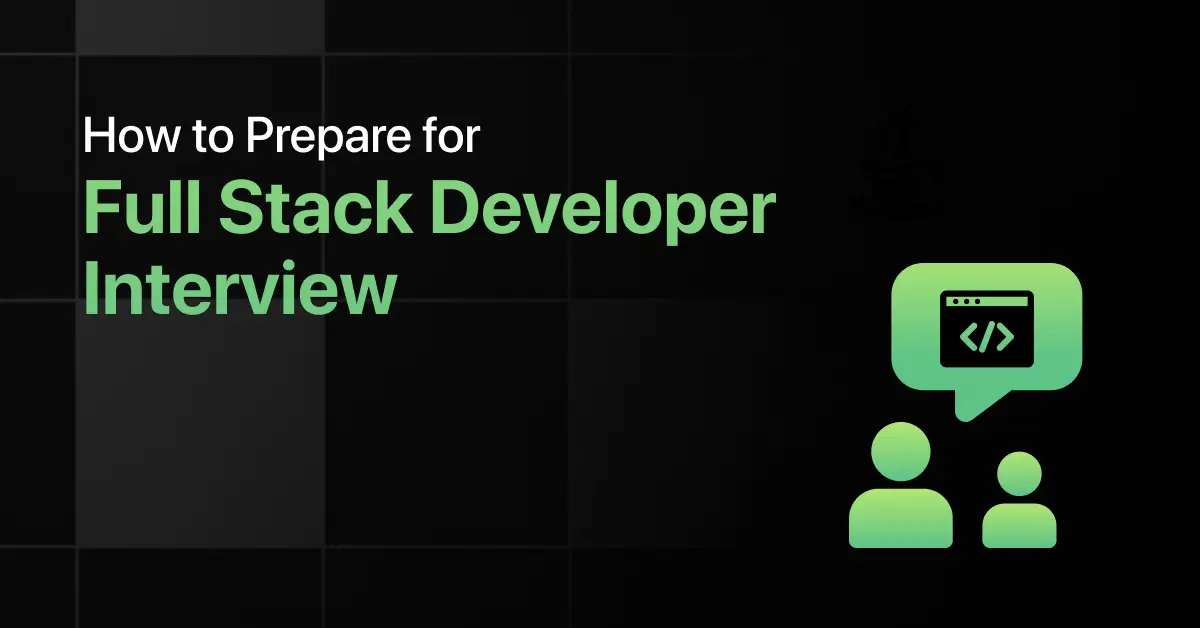Best Programming Languages for Automation Testing
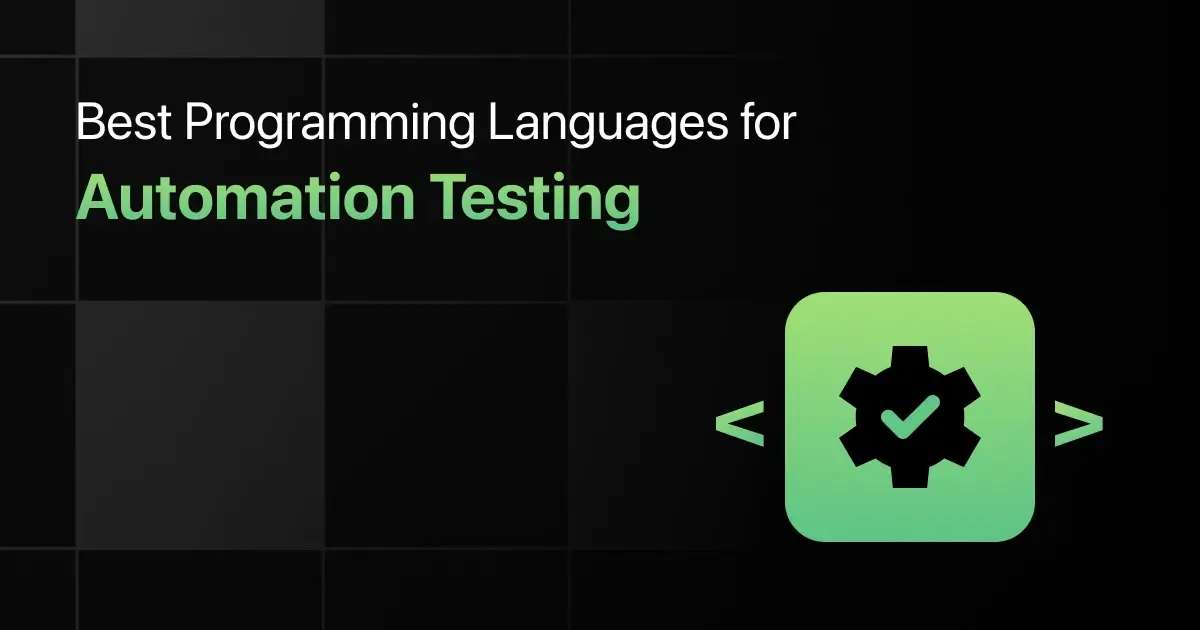
With numerous options available, finding the best scripting language for automation that fits your specific needs can help you achieve reliable results.
The best automation language is versatile and widely supported. Many developers and testers turn to the best scripting language for test automation to ease their processes and ensure consistency.
In this blog let us know the best programming languages for automation testing.
Best Coding Languages for Automation Testing – Overview
Here’s an overview of the 10 best programming languages for automation testing:
| S.No. | Programming Language | Learning Curve | Job Market Demand | Learning Resources |
|---|---|---|---|---|
| 1 | Python | Easy | Automation Testing | Learn More |
| 2 | JavaScript | Medium | Front-end and Full-stack Testing | Learn More |
| 3 | Java | Medium | Enterprise Automation | Learn More |
| 4 | Ruby | Easy | Web Application Testing | Learn More |
| 5 | C# | Medium | Windows App and Enterprise Automation | Learn More |
| 6 | TypeScript | Medium | Front-end and Full-stack Testing | Learn More |
| 7 | Kotlin | Medium | Android Automation | Learn More |
| 8 | Swift | Medium | iOS and macOS Automation | Learn More |
| 9 | PHP | Easy | Web Application Testing | Learn More |
| 10 | Go | Medium | Cloud and Backend Testing | Learn More |
Top 10 Programming Languages for Automation Testing
Below are the top 10 programming languages for automation testing:
1. Python
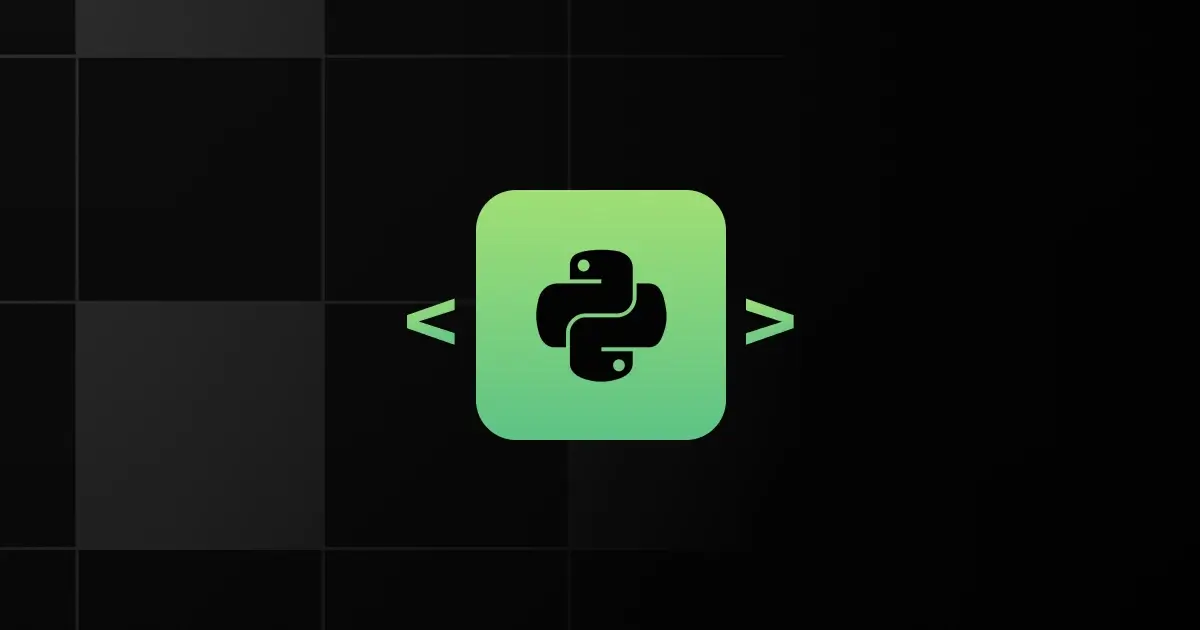


Python is a high-level, interpreted language known for its simplicity and readability. It’s widely used in automation testing due to its extensive libraries and frameworks that make writing and maintaining tests easier.
Popularity:
- Widely used in web and software testing
- Favored by beginners and experts alike
- Popular in data science and automation
Learning Curve: Easy
Framework and Library Support:
- Selenium
- PyTest
- Robot Framework
Integration Capabilities:
- Easily integrates with CI/CD tools
- Supports various operating systems
- Compatible with other programming languages
Security Features:
- Strong encryption libraries
- Secure by design principles
- Regular updates and community support
Community and Support:
- Large and active community
- Abundant resources and tutorials
- Continuous development and improvements
Job Market Demand:
- High demand for automation testers using Python
- Commonly used in tech companies, finance, and startups
Future Prospects and Trends:
- Increasing adoption in AI and machine learning integration
- Strong growth in automation and testing roles
2. Javascript
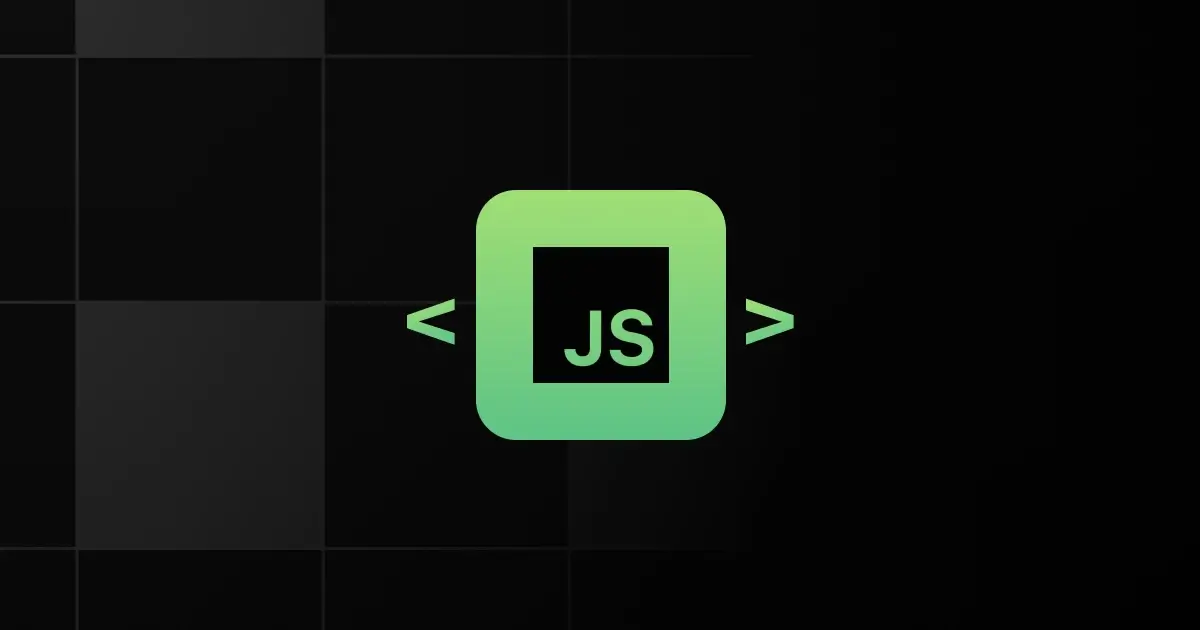


JavaScript is a versatile language that powers much of the web, making it an essential tool for automation testing, particularly in web applications.
It’s often used with popular frameworks to automate front-end testing tasks.
Popularity:
- Dominant in web development
- Widely used for front-end automation
- Strong presence in full-stack development
Learning Curve: Medium
Framework and Library Support:
- Selenium WebDriver (with Node.js)
- Cypress
- Jasmine
Integration Capabilities:
- Integrates with popular web frameworks
- Works well with CI/CD tools
- Compatible with various back-end systems
Security Features:
- Content Security Policy (CSP)
- Secure coding practices
- Supports security libraries and plugins
Community and Support:
- Large developer community
- Abundant libraries and tools
- Regular updates and enhancements
Job Market Demand:
- High demand in front-end and full-stack testing
- Common in tech companies, startups, and web development agencies
Future Prospects and Trends:
- Growing adoption of JavaScript in automation frameworks
- Increasing use in full-stack and server-side automation
3. Java
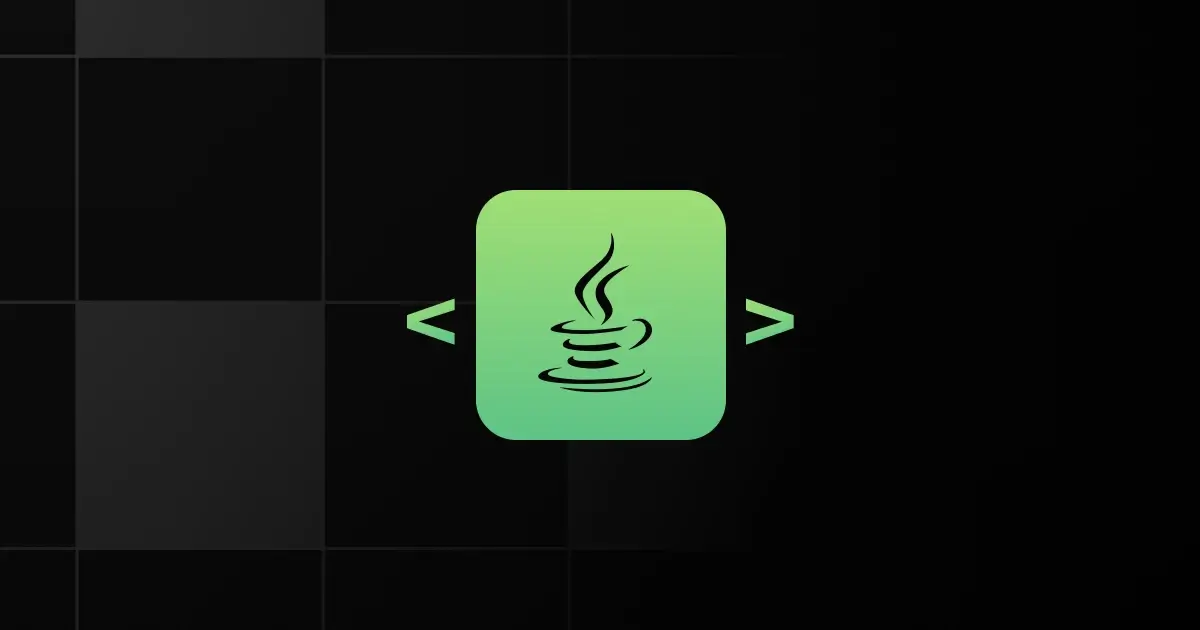


Java is a powerful, object-oriented language that has long been a staple in automation testing, especially for enterprise-level applications. It offers robust frameworks and is known for its portability and performance.
Popularity:
- Widely used in enterprise applications
- Preferred for back-end testing
- Popular among large organizations
Learning Curve: Medium
Framework and Library Support:
- Selenium
- JUnit
- TestNG
Integration Capabilities:
- Easily integrates with enterprise systems
- Supports a wide range of testing tools
- Compatible with CI/CD pipelines
Security Features:
- Strong type system for security
- Supports various security frameworks
- Regular updates with security patches
Community and Support:
- Mature and extensive community
- Rich documentation and resources
- Frequent updates and long-term support
Job Market Demand:
- High demand for enterprise automation testing
- Common in banking, telecom, and large tech companies
Future Prospects and Trends:
- Continued relevance in large-scale projects
- Ongoing adoption in cloud-based testing environments
4. Ruby
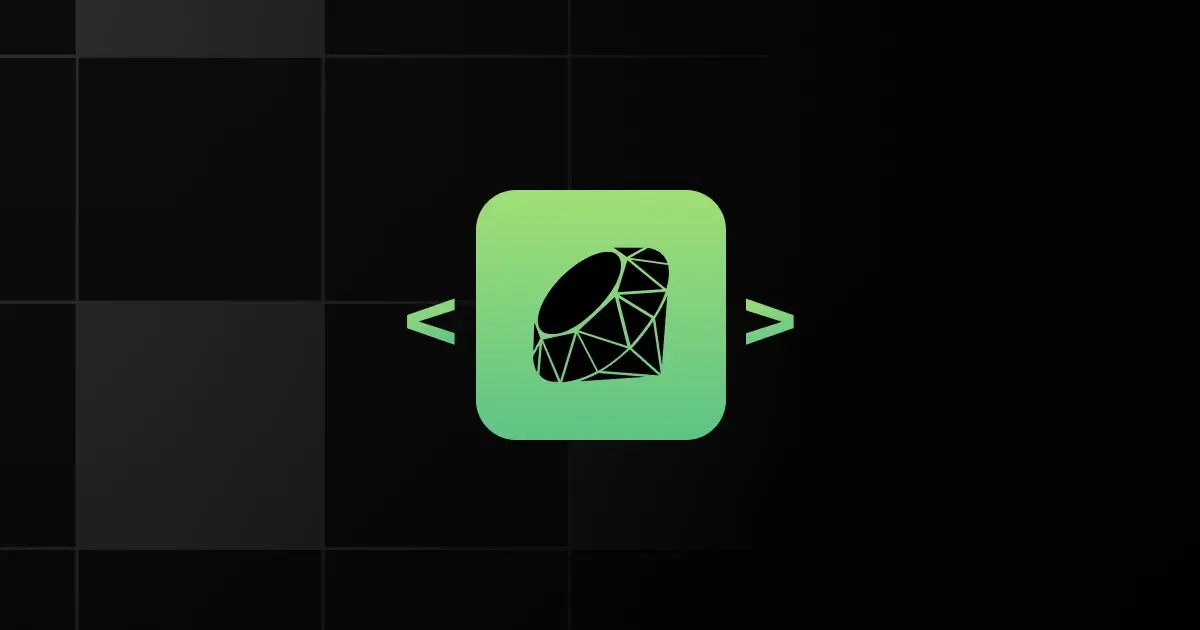


Ruby is a dynamic, open-source programming language known for its simplicity and productivity. It is particularly popular in automation testing due to the RSpec and Cucumber frameworks, which facilitate behavior-driven development (BDD).
Popularity:
- Favored in BDD and TDD environments
- Popular in small to medium-sized projects
- Used by startups and web development firms
Learning Curve: Easy
Framework and Library Support:
- RSpec
- Cucumber
- Watir
Integration Capabilities:
- Works well with web frameworks like Rails
- Integrates easily with CI tools like Jenkins
- Compatible with various databases
Security Features:
- Strong support for secure coding practices
- Regular updates and community-driven improvements
- Supports encryption and security libraries
Community and Support:
- Active and supportive community
- Rich documentation and resources
- Continuous development and library support
Job Market Demand:
- High demand in web application testing
- Common in startups and agile environments
Future Prospects and Trends:
- Increasing use in BDD frameworks
- Steady demand in niche markets and web development
5. C#
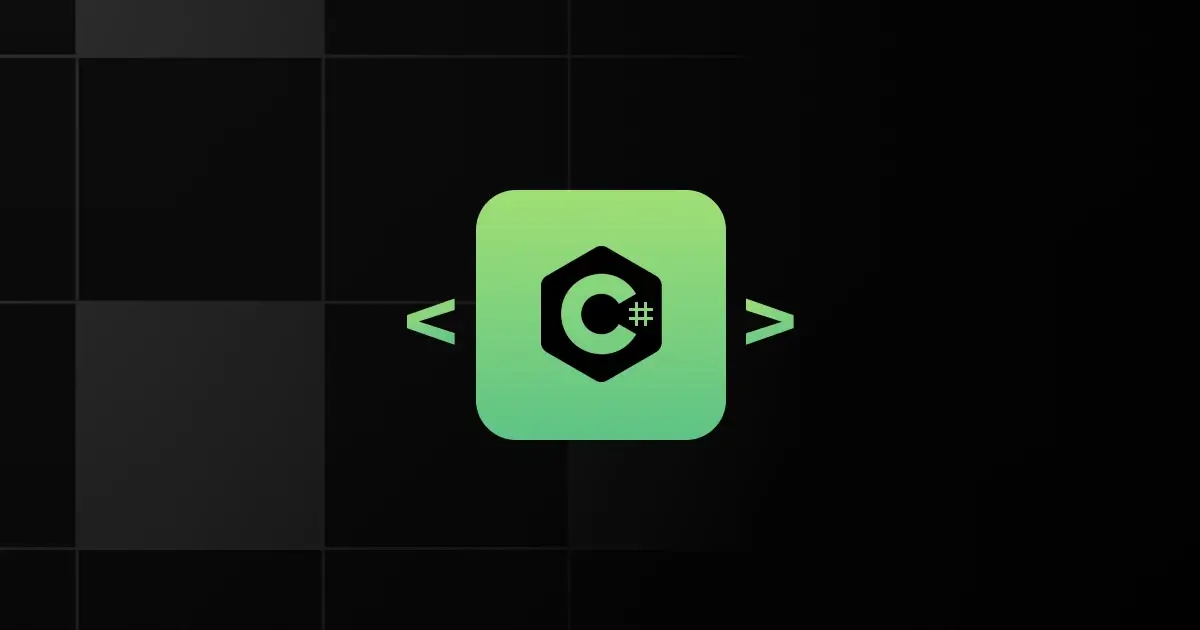


C# is a versatile, object-oriented language developed by Microsoft, widely used in automation testing, particularly in environments where Microsoft technologies are predominant. It is favored for its integration with the .NET framework.
Popularity:
- Widely used in Windows application testing
- Preferred in Microsoft-centric environments
- Popular in enterprise-level projects
Learning Curve: Medium
Framework and Library Support:
- NUnit
- MSTest
- Selenium WebDriver
Integration Capabilities:
- Strong integration with Visual Studio
- Works well with .NET applications
- Compatible with Azure DevOps
Security Features:
- Supports secure coding practices
- Frequent security updates from Microsoft
- Integrated security features in .NET
Community and Support:
- Large community with Microsoft backing
- Extensive documentation and learning resources
- Regular updates and long-term support
Job Market Demand:
- High demand in enterprise automation and Windows app testing
- Common in finance, healthcare, and tech industries
Future Prospects and Trends:
- Increasing use in cloud-based testing environments
- Continued demand in enterprise-level automation projects
6. Typescript
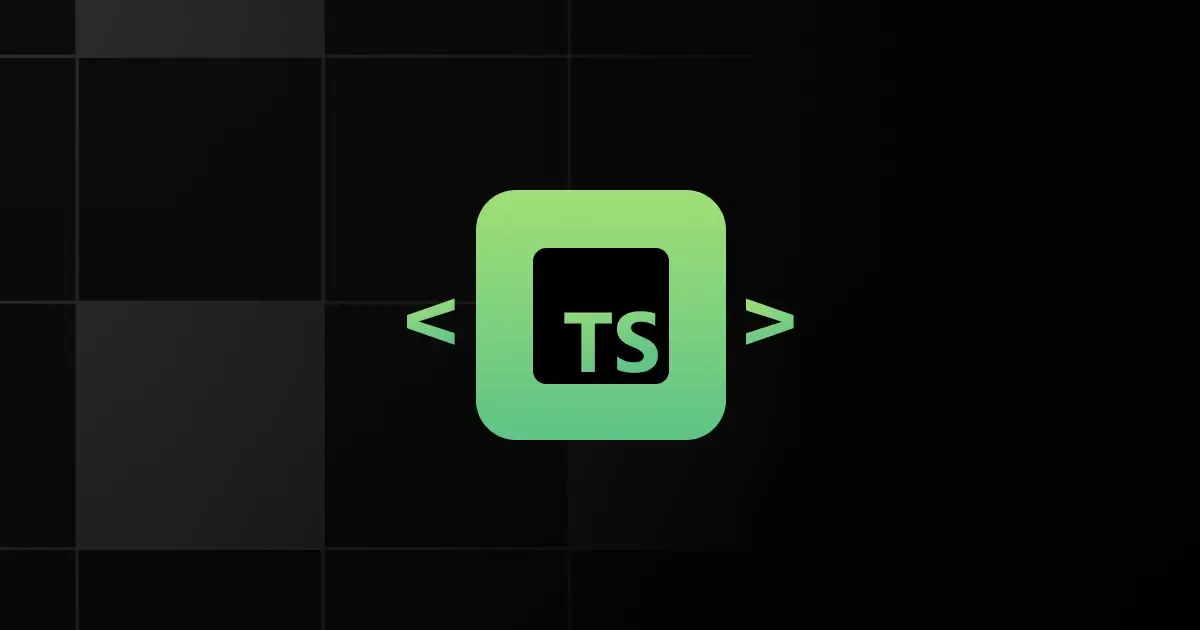


TypeScript is a strongly typed superset of JavaScript that compiles to plain JavaScript. It offers better type safety and is increasingly popular for large-scale web applications, including automation testing.
Popularity:
- Growing among web developers
- Preferred for large-scale applications
- Used by developers seeking type safety in JavaScript
Learning Curve: Medium
Framework and Library Support:
- Protractor
- Cypress
- Mocha
Integration Capabilities:
- Seamless integration with JavaScript codebases
- Works well with modern front-end frameworks
- Compatible with various CI/CD tools
Security Features:
- Type safety reduces runtime errors
- Supports secure coding practices
- Regular updates with security patches
Community and Support:
- Strong and growing community
- Rich documentation and resources
- Continuous development and support
Job Market Demand:
- High demand in front-end automation and full-stack testing
- Common in large tech companies and enterprises
Future Prospects and Trends:
- Increasing adoption in enterprise-level projects
- Continued growth in front-end and full-stack development
7. Kotlin
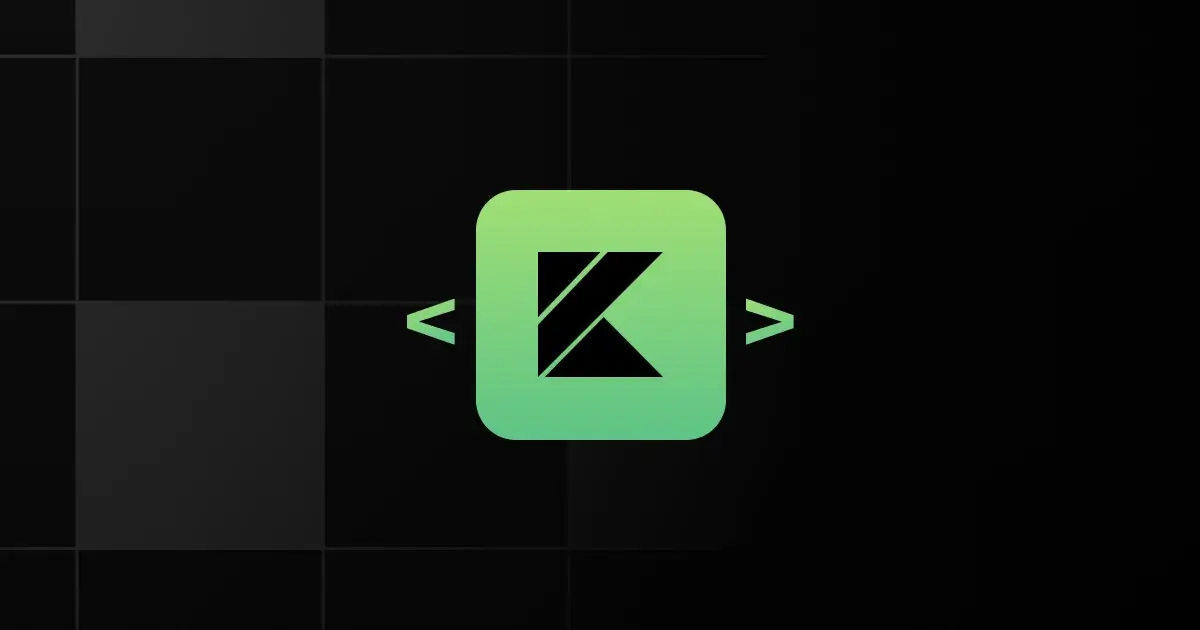


Kotlin is a modern, statically typed programming language that is fully interoperable with Java. It’s officially supported by Google for Android development and is increasingly being used for automation testing, particularly in mobile environments.
Popularity:
- Official language for Android apps
- Gaining traction in mobile automation
- Increasing adoption in full-stack development
Learning Curve: Medium
Framework and Library Support:
- Espresso
- JUnit
- Ktor
Integration Capabilities:
- Interoperable with Java
- Seamless integration with Android tools
- Supports modern testing frameworks
Security Features:
- Null safety by default
- Supports secure coding practices
- Regular updates and security improvements
Community and Support:
- Growing and supportive community
- Rich resources and documentation
- Regular updates from JetBrains and Google
Job Market Demand:
- High demand in Android automation testing
- Common in tech companies focused on mobile development
Future Prospects and Trends:
- Increasing adoption in mobile and full-stack testing
- Expanding into server-side applications
8. Swift
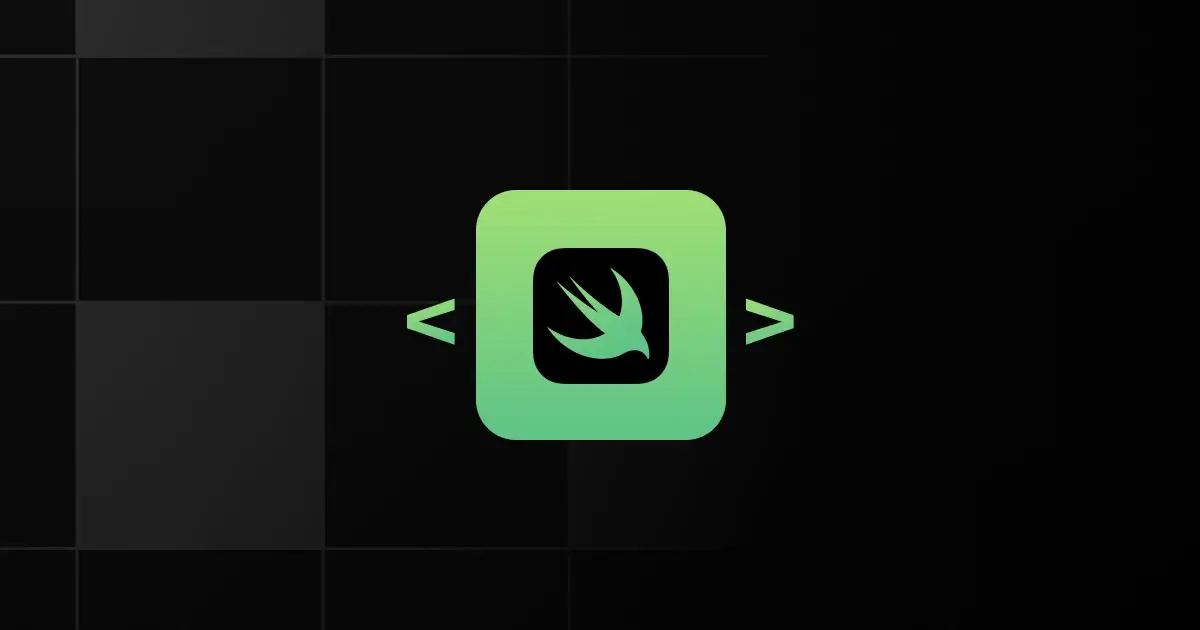


Swift is a powerful, open-source language developed by Apple, primarily used for iOS and macOS development. It is becoming increasingly popular in automation testing within the Apple ecosystem.
Popularity:
- Preferred for iOS and macOS testing
- Growing in mobile automation
- Supported by Apple’s ecosystem
Learning Curve: Medium
Framework and Library Support:
- XCTest
- Quick
- Nimble
Integration Capabilities:
- Seamless integration with Xcode
- Works well with Apple’s development tools
- Supports API integration for various services
Security Features:
- Memory safety by default
- Type safety reduces vulnerabilities
- Regular updates with security patches
Community and Support:
- Strong Apple developer community
- Abundant resources and tutorials
- Continuous development and support
Job Market Demand:
- High demand in iOS and macOS automation testing
- Common in tech companies focused on Apple products
Future Prospects and Trends:
- Increasing adoption for iOS app automation
- Strong growth in mobile app testing roles
9. PHP
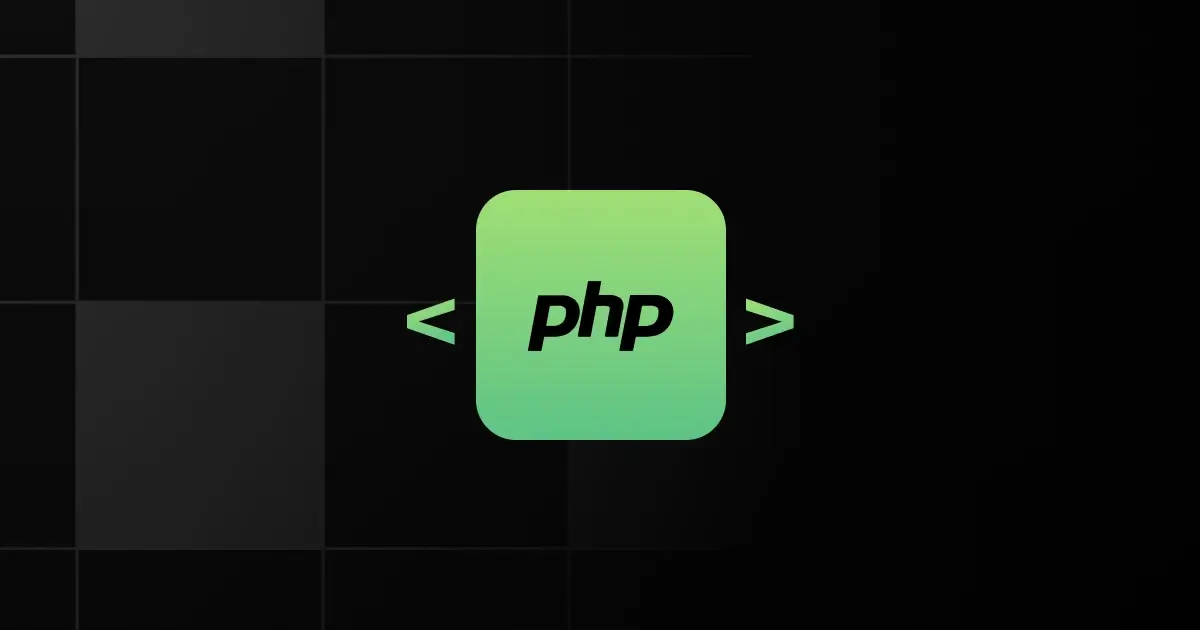


PHP is a server-side scripting language that is widely used for web development. Although not typically associated with automation testing, it has its place in testing web applications, particularly those built on PHP frameworks.
Popularity:
- Widely used in web development
- Popular in small to medium-sized businesses
- Common in legacy systems
Learning Curve: Easy
Framework and Library Support:
- PHPUnit
- Codeception
- Behat
Integration Capabilities:
- Seamless integration with web servers
- Works well with PHP-based applications
- Compatible with various databases
Security Features:
- Supports secure coding practices
- Regular security updates
- Can implement strong encryption methods
Community and Support:
- Large and active community
- Rich documentation and learning resources
- Continuous development and updates
Job Market Demand:
- Demand in web application testing
- Common in small to medium-sized enterprises
Future Prospects and Trends:
- Steady demand in maintaining and testing legacy systems
- Continued relevance in web application testing
10. Go
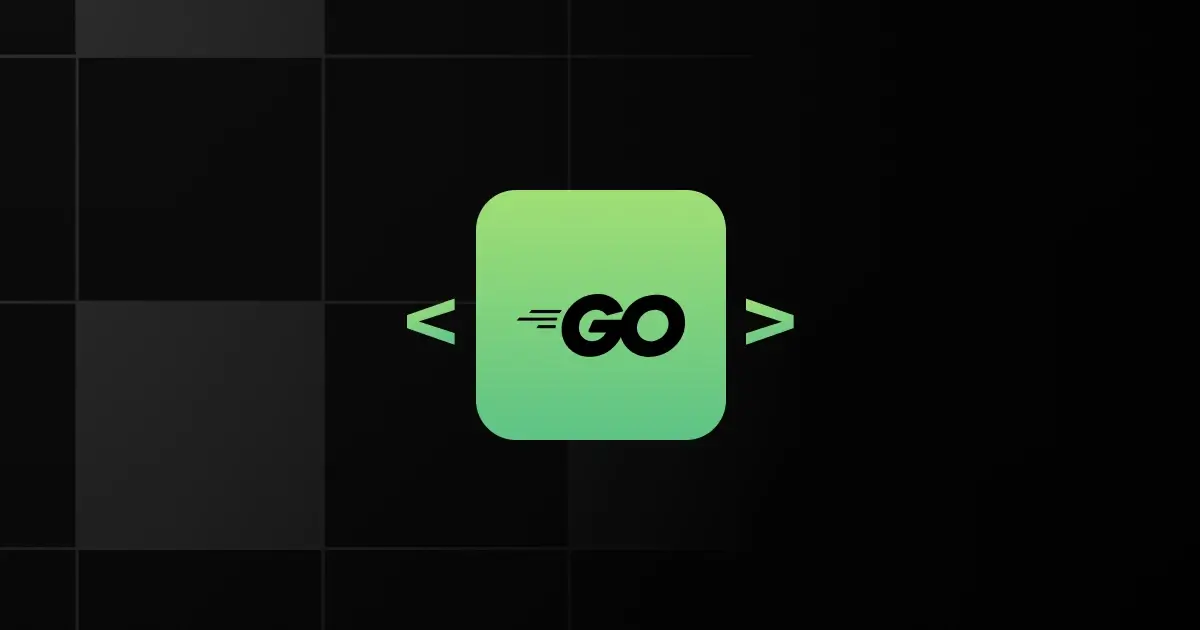


Go (Golang) is a statically typed, compiled programming language designed by Google. It’s known for its simplicity and efficiency, making it increasingly popular in automation testing, particularly in cloud environments.
Popularity:
- Growing among cloud-based applications
- Preferred in DevOps and backend testing
- Popular in performance-critical applications
Learning Curve: Medium
Framework and Library Support:
- Testify
- Ginkgo
- GoConvey
Integration Capabilities:
- Integrates well with cloud services
- Compatible with CI/CD tools
- Supports modern testing frameworks
Security Features:
- Memory safety by design
- Supports secure coding practices
- Regular updates with security patches
Community and Support:
- Growing and active community
- Rich documentation and tutorials
- Regular updates and support from Google
Job Market Demand:
- High demand in cloud and backend testing
- Common in tech companies and startups
Future Prospects and Trends:
- Increasing use in cloud-based automation
- Growing adoption in microservices and backend testing
Frequently Asked Questions
1. What are the best programming languages for automation testing?
Python, Java, and JavaScript are among the best programming languages for automation testing.
2. How should I choose a programming language for automation testing?
Choose based on your project requirements, team expertise, and the available frameworks and tools.
3. What is the best programming language for beginners in automation testing?
Python is the best programming language for beginners in automation testing due to its simplicity and extensive support.
4. Which programming languages are currently trending in automation testing?
Python, JavaScript, and C# are currently trending in automation testing.
5. Which programming languages offer the best framework and library support for automation testing?
Python, Java, and Ruby offer the best framework and library support for automation testing.
6. Which programming languages have promising future prospects for automation testing?
Python and JavaScript have promising future prospects in automation testing due to their growing adoption and community support.
Final Words
In conclusion, when deciding which programming language is best for automation, it’s essential to consider the specific requirements of your project.
The best coding language for automation will have libraries, community support, and makes your automation tasks more manageable.
Ultimately, the best scripting language for automation testing is the one that aligns with your goals and provides the functionality you need to succeed.
Explore More Automation Testing Resources
- Automation Testing YouTube Channels
- Automation Testing Project Ideas
- Automation Testing Frameworks
- Automation Testing Websites
Explore More Programming Languages For:
Related Posts


How to Prepare for .Net Interview
Are you preparing for a .NET interview but not sure which topics to prioritize? Many candidates struggle to balance C# fundamentals, …

